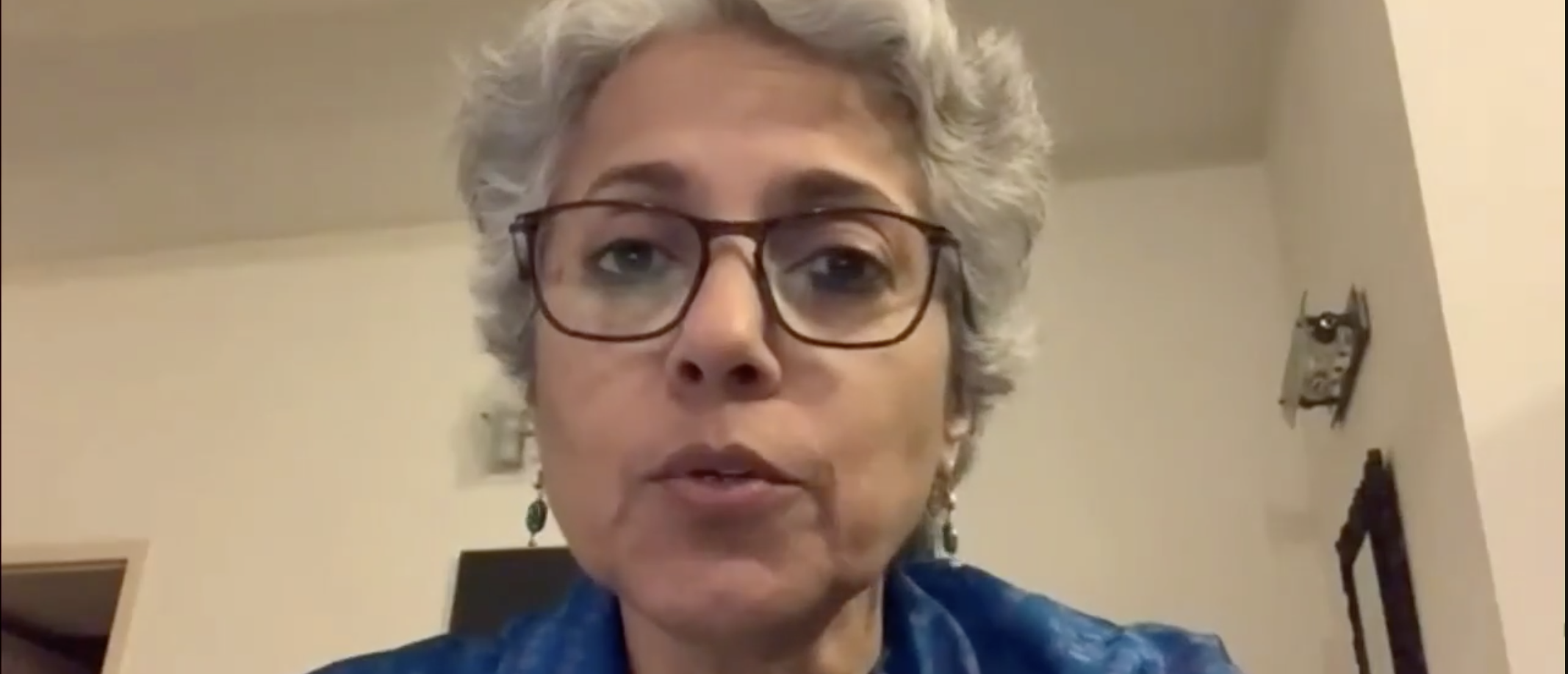The chief scientist of the World Health Organization (WHO), Dr. Soumya Swaminathan, expressed skepticism about what exactly the coronavirus vaccine really does in relation to transmissibility, during a WHO press conference on Monday.
A reporter asked if someone who was traveling from abroad and had received the vaccine would pose a risk of transmission in the community if they visited a place where spread through the community was limited.
“I think what we are learning now and continue to wait for more results from vaccine tests, is really to understand whether these vaccines, in addition to preventing symptomatic and serious illnesses and deaths, will also reduce infections or prevent people from becoming infected with the viruses, preventing them from passing it on or passing it on to others, ”said Swaminathan.
“I don’t believe that we have evidence about any of the vaccines to be sure that it will prevent people from actually getting the infection and therefore being able to pass it on,” said the WHO chief scientist @doctorsoumya pic.twitter.com/QdTvzj7Nyd
– Disclose.tv ???? (@disclosetv) December 28, 2020
“At the moment, I don’t believe we have evidence about any of the vaccines to be sure that it will stop people from actually getting the infection and therefore being able to pass it on,” said Swaminathan. “I think that until we know more, we should assume that people who have been vaccinated need to take the same precautions until there is a certain level of herd immunity that has been built up in the population.”
Dr. Michael Ryan, executive director of the WHO Health Emergencies Program, expressed a similar sentiment, noting that the main goal of the vaccine from now on is to prevent the spread of death.
“I think it is important to also reflect on the main objective of the vaccine and the first launch will be to prevent serious diseases, prevent deaths, protect frontline health professionals and protect the most vulnerable people in our society.”
Ryan noted that when it comes to transmissibility, there is simply not enough information to make a conclusive determination. (RELATED: RESEARCH: Despite the desire to get the coronavirus vaccine, most Americans are concerned about side effects)
“We just don’t know enough about the duration of protection and other things yet to be absolutely able to predict that. I think we should have good control of the virus. “
“The decision to move towards eliminating or eradicating the virus requires a much greater degree of efficiency and effectiveness in a vaccination program and all other control measures,” said Ryan. “The likely scenario is that the virus will become … another endemic virus that will remain somewhat of a threat, but a low-level threat because of the global vaccination program. It remains to be seen how well vaccines are taken. “
“The existence of a vaccine even with high efficacy is no guarantee of eliminating or eradicating an infectious disease”, he added, reiterating that the focus of the vaccine is to prevent deaths.
There is still a lot of uncertainty about what the vaccine will do, with the Mayo Clinic noting that receiving a vaccine can help create an antibody response in your body if you become infected and “can help protect the people around you”.
Pfizer and Moderna received FDA Emergency Use Authorization after their tests showed that their vaccines had 95% and 94.1% efficacy rates, respectively, in preventing new infections in vaccinees. Moderna’s vaccine has also been shown to prevent severe coronavirus symptoms, according to The New York Times (NYT). However, it is not clear whether vaccines have any effect on transmissibility.
Both trials controlled only how many vaccinated participants became ill with COVID-19. The tests did not track whether someone could be vaccinated, be infected, develop symptoms and, finally, pass it on to someone else without knowing it, according to the NYT.
“Many people are thinking that once vaccinated they will no longer need to wear masks,” said Michal Tal, an immunologist at Stanford University, according to the NYT. “It will be very important for them to know if they will have to continue wearing masks, because they can still be contagious.”
